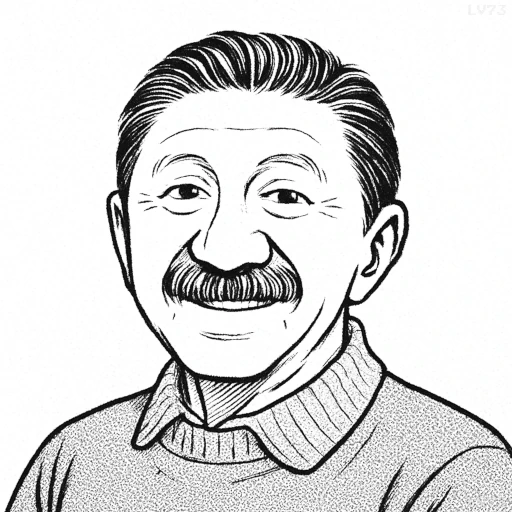“If you plan on being anything less than you are capable of being, you will probably be unhappy all the days of your life.”

- April 1, 1908 – June 8, 1970
- American
- Psychologist, Creator of Maslow’s Hierarchy of Needs, Humanistic Psychology Pioneer
table of contents
Quote
“If you plan on being anything less than you are capable of being, you will probably be unhappy all the days of your life.”
Explanation
This quote is widely attributed to Abraham Maslow, a psychologist best known for his hierarchy of needs theory. The quote reflects his belief that self-actualization, or the realization of one’s full potential, is a fundamental human need. According to Maslow, if individuals ignore or suppress their capacity for growth, creativity, or excellence, they experience an inner dissatisfaction that lingers throughout life. The pursuit of personal potential is not a luxury—it is a psychological necessity.
The historical background for this insight lies in Maslow’s mid-20th-century work in humanistic psychology, a movement that emphasized the inherent goodness and potential of people. Unlike the more behaviorist or psychoanalytic schools of thought, Maslow’s focus was on what makes life worth living—meaning, fulfillment, and purpose. In this context, the quote serves as a warning: neglecting your own capabilities leads not just to missed opportunities but to persistent unhappiness.
In modern application, this idea resonates with people feeling stuck in unfulfilling jobs or relationships, or those who suppress their passions for the sake of stability. For example, a gifted artist who settles for a career that ignores their creativity may face ongoing dissatisfaction. The quote encourages people to reflect deeply on what they are truly capable of and to pursue paths that allow them to express their full selves, even when those paths are uncertain or difficult.
Would you like to share your impressions or related stories about this quote in the comments section?
